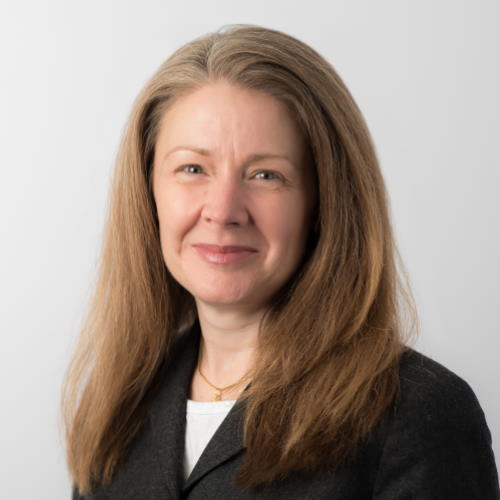By Heather Fullerton.
These documents summarize information about SARS-CoV-2 that may be relevant to the pediatric stroke population, and provide some preliminary recommendations for their patients as they continue to monitor the situation. They note emerging concerns about COVID-related inflammation and thrombophilia, and recommend that patients continue their prescribed therapies (antithrombotics, anti-seizure medicines, rehabilitation) unless their treating physicians advise a change. They speculate that children with chronic cerebrovascular disease, like moyamoya, could be at increased risk for stroke if infected by SARS-CoV-2, but note that there have been no reported cases at this time. For now, all children should adhere to standard measures to avoid infection (social distancing, frequent handwashing, etc). Children with disorders like moyamoya should pay extra attention to stroke-prevention measures like good hydration.
The Centre national de référence de l’AVC de l’enfant plans to update their documents regularly as the COVID-19 literature evolves. IPSO has created unofficial English translations of the May 8th versions; IPSO members may contact us if interested in receiving copies.
Are you an IPSO member following the COVID-19 literature closely? Would you like to join our French colleagues in an “IPSO COVID-Watch working group”? If so, please let us know. This working group would blog about emerging literature relevant for our pediatric cerebrovascular disease population.
Links to Relevant Scientific Publications:
In case you missed it (mentioned in our May 13th post): British series of children with COVID-19 hyperinflammatory shock, including one with an cardioembolic stroke:
https://www.sciencedirect.com/science/article/pii/S0140673620310941?via%3Dihub

Heather Fullerton, MD, MAS
UCSF Benioff Children's Hospital - San Francisco
Heather Fullerton, MD, MAS, is a pediatric vascular neurologist and Chief of Neurology at UCSF Benioff Children’s Hospital in San Francisco, California. She has been a member of the International Pediatric Stroke Study (IPSS) since 2002 and is the inaugural president of IPSO. She is grateful to everyone who has joined the IPSO effort and believes in the mission of improving the lives of children with cerebrovascular disease worldwide.
